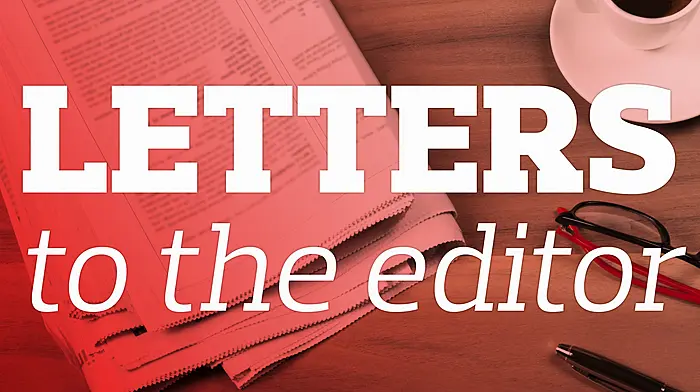A HIGH-level security operation took place off the south east coast this week, which had links to West Cork.
Gardaí say the seizure is linked to the movement of illicit drugs into Europe, as the dramatic events saw several members of our emergency services engaged in an operation to recover two crew, and a trawler which had run aground off the Co Wexford beach of Ballinesker. Some hours later a massive bulk carrier was also seized and escorted into Cork Harbour.
It brought into sharp focus two elements of the policing of our seas – the vulnerability of our coasts to drug importation, and the importance of having a well-equipped navy.
It is believed an Irish navy ship was monitoring the boats.
This comes almost exactly a month after reports emerged that the Irish naval service now has just two ships patrolling the coasts, due to a shortage of crew.
The LÉ William Butler Yeats and the LÉ Samuel Beckett are currently the sole providers of naval protection for over 400,000 sq km of our waters. Of course, the naval service is not just tasked with monitoring unsavoury characters attempting to bring contraband to our shores. It also has briefs to monitor the use of our fishing grounds, and protect coastal infrastructure.
Much was made in recent years of possible threats to crucial underground communication cables off the west coast, with the war in Ukraine focusing all of Europe’s attention on the movements of Russian fleets in the north Atlantic.
It was also reported a month ago that the Irish naval service has gone from a fleet of nine ships to just two – in just four years, due to recruitment issues.
Coincidentally, the Tánaiste and Minister for Defence Micheál Martin on Tuesday welcomed the publication of a ‘Strategic Framework’ for the transformation of the Defence Forces. The aim of the framework, the Department of Defence said, was to support the transformation of the Defence Forces into an organisation ‘that is fit for the purpose of defending the State, and meeting the challenges of today and the future’.
Also detailed in the document were the efforts underway in recruitment and retention, and in enhancing the physical working environment and equipment of Defence personnel.
Within the published framework, it addresses some of the concerns already noted with regard to the capabilities of our naval service. It says that progress has been made in relation to military radar, naval fleet management and replacement, and subsea awareness capability. While it is true that the service has added to the fleet in recent years, by purchasing two ships from the New Zealand navy, there have been fears that without sufficient crew, those ships will remain in port.
That is of little consolation to those whose livelihoods depend on the now much-depleted fishing industry, but have to observe the many instances of illegal fishing all around them.
Or An Garda Síochána who rely on intelligence from our naval service to alert them to impending arrivals of illegal products or narcotics.
Under the heading ‘Recruitment and Retention of personnel to our Defence Force’, the framework states that a ‘contract has recently been awarded to a marine specialist recruitment body to target individuals with the skills and expertise required by the Naval Service’.
One wonders how this will have a more positive impact on traditional methods of naval service recruitment, than the previous method.
The Department of Defence said this week, that by focusing the timescale of the Strategic Framework to the end of 2024, it provides ‘impetus and immediacy’ to this work, which will be reported on every six months. A revised Strategic Framework for the 2025 period and beyond will be published by the Tánaiste and Minister for Defence by the end of next year. ‘The priority within this first phase of transformation is cultural change above all else,’ it stated.
There is no denying that, following the horrendous stories of sexual and mental abuse revealed by the Women of Honour members of the Defence Forces in recent years, culture change must surely rank at the top of the Department’s priorities.
But putting off the next phase of the framework for another two years seems very short-sighted, especially in light of this week’s events – a timely reminder of the importance of the Irish navy.










